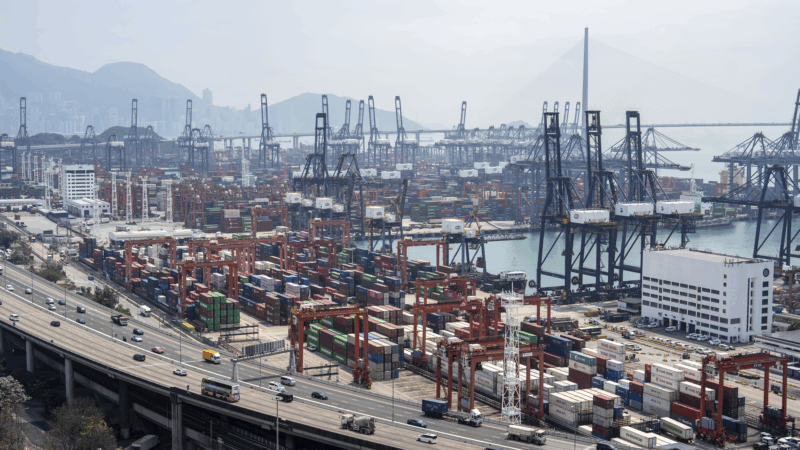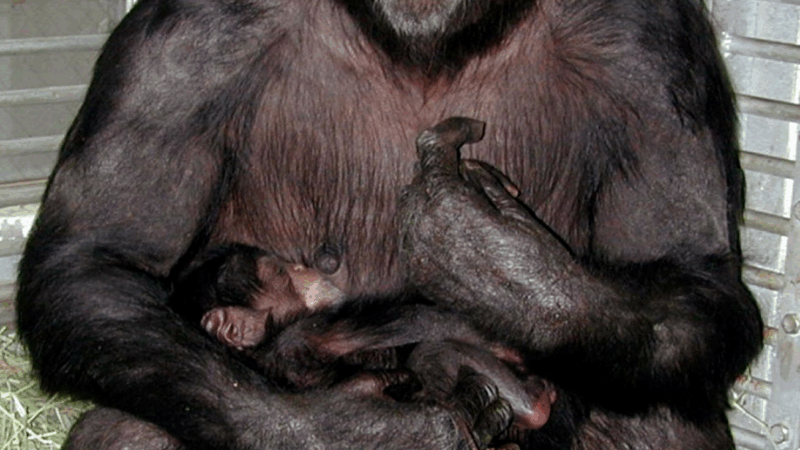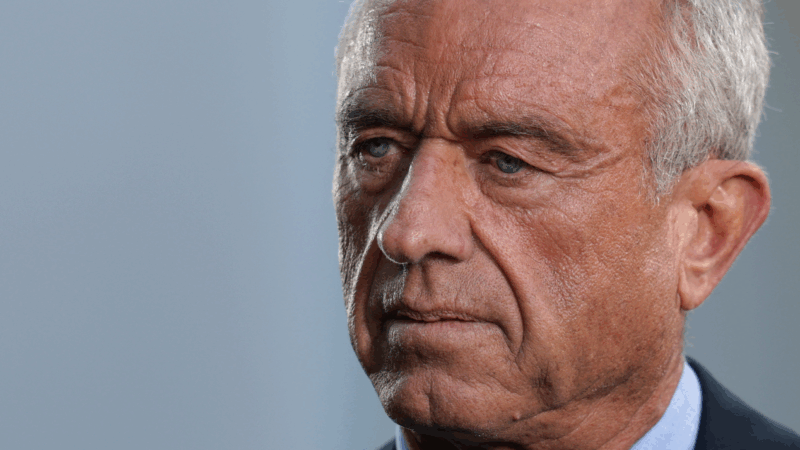Hong Kong post office will stop shipping parcels to the U.S. over tariffs
HONG KONG — Hong Kong’s post office will stop shipping small parcels to the United States after Washington announced plans to charge tariffs on small-value parcels from the southern Chinese city, the government said Wednesday.
The U.S. government earlier announced that it would end a customs exception allowing small-value parcels from Hong Kong to enter the U.S. without tax, slapping a 120% tariff on them starting from May 2. The “de minimis” exemption currently allows shipments that are worth less than $800 to go tax-free.
A government statement said Hongkong Post would not collect tariffs on behalf of Washington, and will suspend accepting non-airmail parcels containing goods destined for the U.S. on Wednesday, since items shipped by sea take more time. It will accept airmail parcels until April 27.
“For sending items to the US, the public in Hong Kong should be prepared to pay exorbitant and unreasonable fees due to the U.S.’s unreasonable and bullying acts,” the government wrote.
It will continue accepting mail that contains only documents.
Hong Kong is caught in the middle of the trade disputes between the U.S. and China despite being a free port.
The former British colony, which returned to Chinese rule in 1997, has trade and customs policies different from mainland China’s, under the semi-autonomy granted by Beijing during the handover. But Washington began treating it as part of China after Beijing imposed a national security law in 2020, and has applied the 145% tariffs imposed on Chinese imports.
The national security law, which China says has brought back stability to the city, has virtually silenced all dissent.
Trump says 8 EU countries to be charged 10% tariff for opposing US control of Greenland
In a post on social media, Trump said a 10% tariff will take effect on Feb. 1, and will climb to 25% on June 1 if a deal is not in place for the United States to purchase Greenland.
‘Not for sale’: massive protest in Copenhagen against Trump’s desire to acquire Greenland
Thousands of people rallied in Copenhagen to push back on President Trump's rhetoric that the U.S. should acquire Greenland.
Uganda’s longtime leader declared winner in disputed vote
Museveni claims victory in Uganda's contested election as opposition leader Bobi Wine goes into hiding amid chaos, violence and accusations of fraud.
Opinion: Remembering Ai, a remarkably intelligent chimpanzee
We remember Ai, a highly intelligent chimpanzee who lived at the Primate Research Institute of Kyoto University for most of her life, except the time she escaped and walked around campus.
The near death — and last-minute reprieve — of a trial for an HIV vaccine
A trial was about to launch for a vaccine that would ward off the HIV virus. It would be an incredible breakthrough. Then it looked as if it would be over before it started.
Is RFK Jr.’s Administration for a Healthy America — AHA — in the works or not?
The Administration for a Healthy America is RFK Jr.'s plan to tackle chronic disease, addiction and other persistent problems. But so far it's not being set up like previous new agencies.






